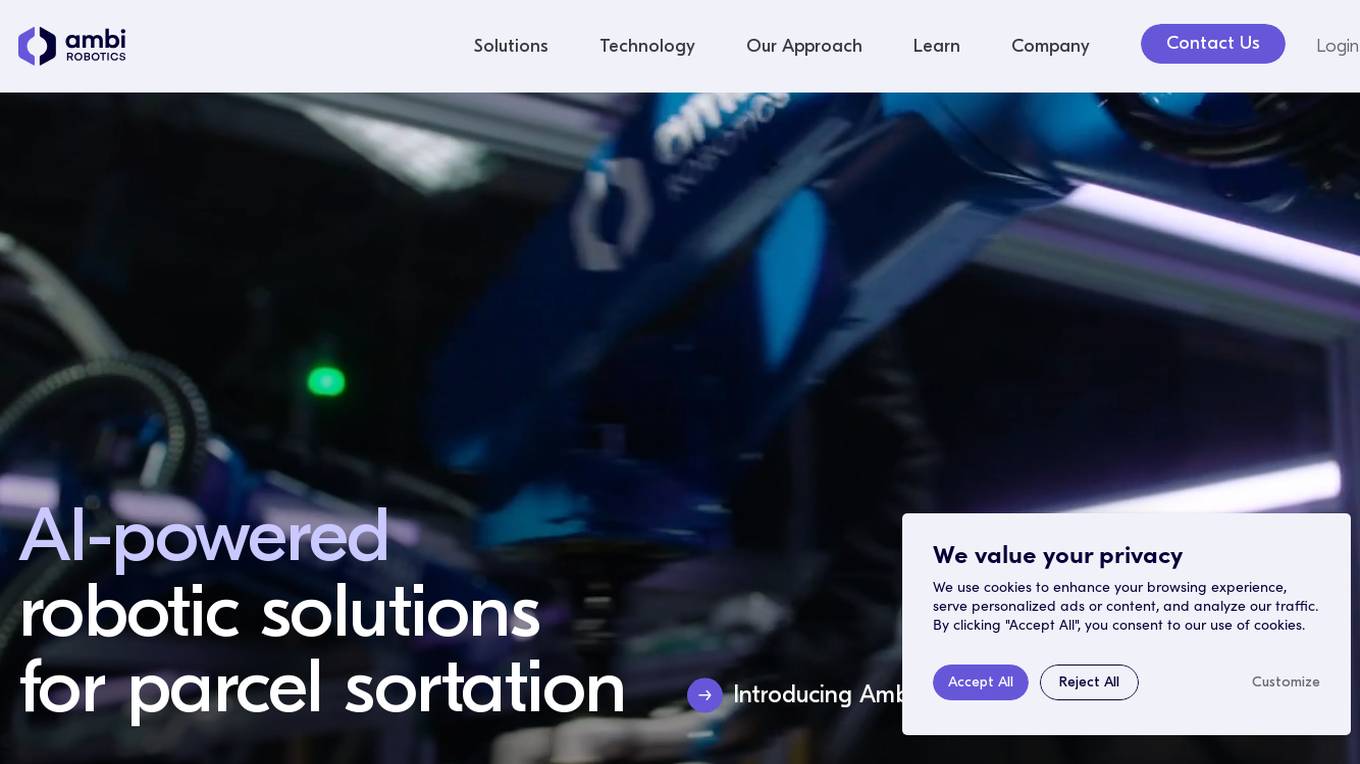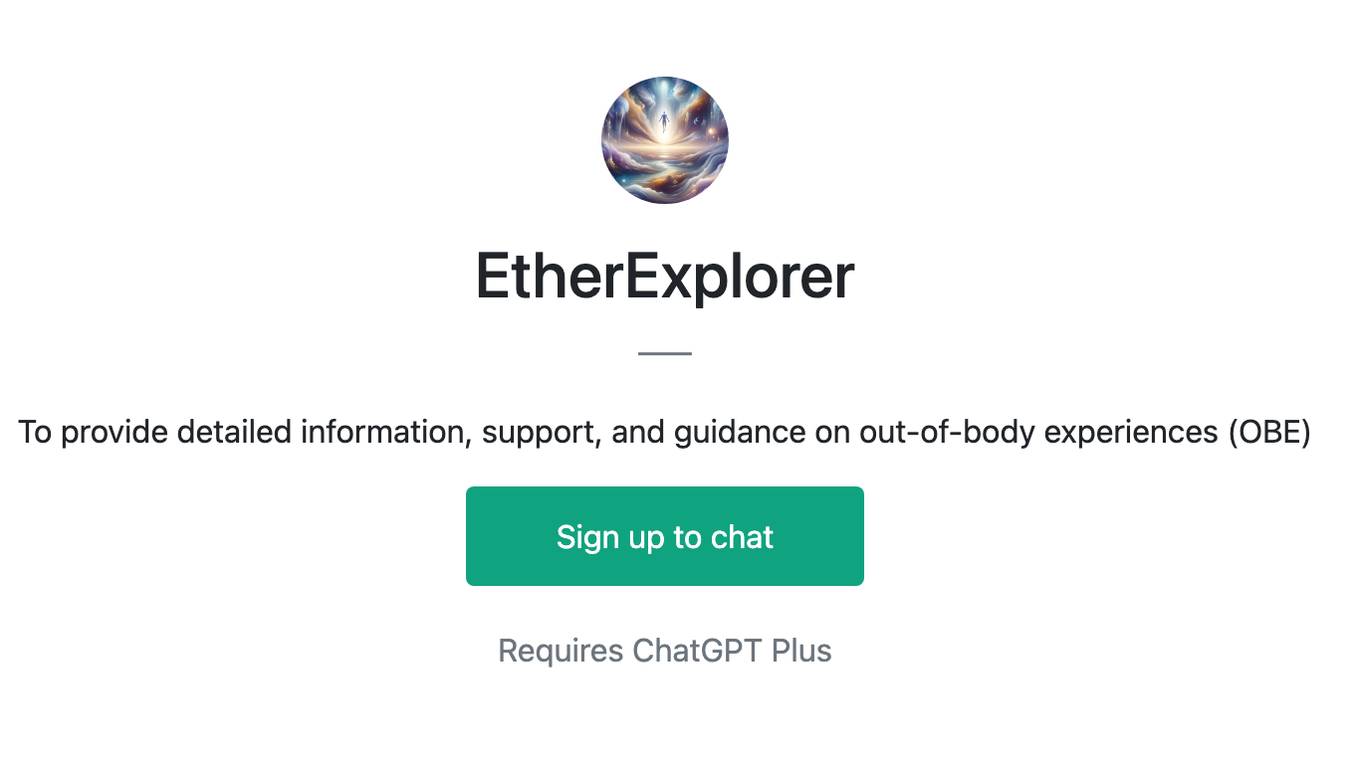Best AI tools for< Induct Parcels >
1 - AI tool Sites

Ambi Robotics
Ambi Robotics is an AI-powered robotics company that offers solutions for parcel sortation. Their innovative technology combines hardware and software to empower people to handle more efficiently. With solutions like AmbiSort A-Series and AmbiSort B-Series, they provide AI-powered robotic small parcel sorting and modular parcel induction and sorting systems. Ambi Robotics focuses on enhancing efficiency, scaling seamlessly, and delivering customer-centered experiences. Their technology includes Sim2Real AI Robot dexterity for real-world simulation and intelligent gripper technology for precise pick-and-place capabilities. The company aims to optimize facility performance, maximize sorting accuracy, and boost efficiency with reliable uptime. Ambi Robotics is dedicated to providing solutions that are easy to deploy, powerful, and seamlessly integrate with existing workflows.
0 - Open Source AI Tools
1 - OpenAI Gpts

EtherExplorer
To provide detailed information, support, and guidance on out-of-body experiences (OBE)